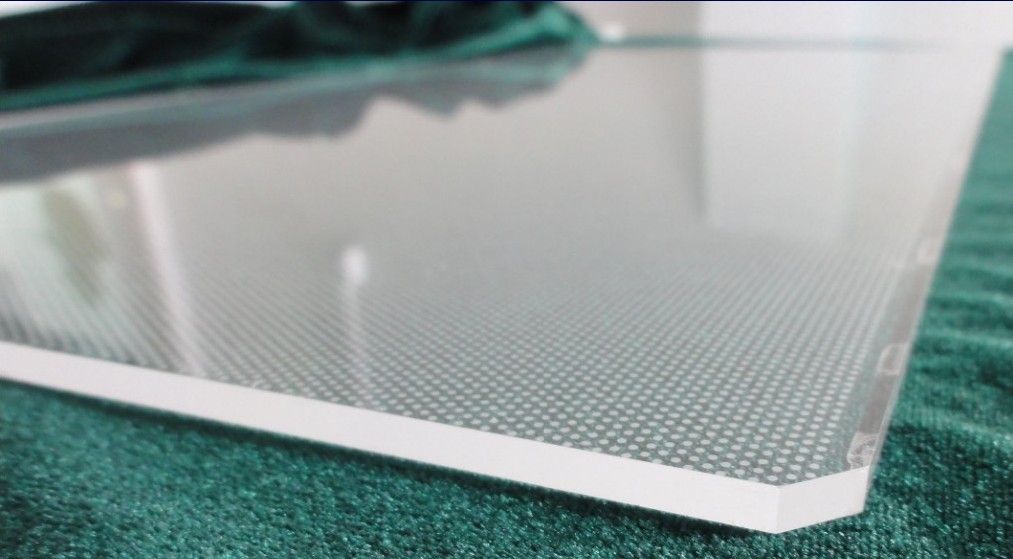Views: 435 Author: Site Editor Publish Time: 2021-10-28 Origin: Site

Both cast acrylic and extruded acrylic are acrylic polymers, which are synthetic materials that result from a chemical reaction between a monomer and a catalyst and essential parts in producing of acrylic pmma sheet. Often substituted for glass, acrylic, it is also called plexiglass or lucite, which is lighter in weight with up to 50% greater transparency.
The liquid components are mixed in the glass mold to form cast acrylic. Casting is labor-intensive and therefore more expensive. Casting produces a harder, stronger, and more homogenous pmma acrylic sheet. Casting offers greater chemical resistance than extrusion, making it a material of choice when using spices, emulsions, or other solvents. Available in a wide range of standard and custom colors for a variety of applications, cast acrylic is more flexible than extrusions, and is less likely to bend, chip, or melt during milling. Because of the limited thickness of extruded materials, cast acrylic is a better choice for pmma sheet manufacturers to produce larger structures, devices, etc.
In detail, cast acrylic has the following benefits: greater range thickness up to 4" including those produced as bullet resistant; lightweight and rigid; low water absorption; excellent optical properties; good electrical and UV resistivity and outstanding resistance to long-term exposure to sunlight and weathering.
Extrusion is a continuous manufacturing production method where acrylic monomers are first heated then fed through barrels where the chemical process occurs. As a result, extruded acrylic, the material of extruded polycarbonate sheet, is heterogeneous with properties that may vary depending upon the direction of extrusion.
Extruded acrylic costs less than cast and is more dimensionally stable, meaning the thickness is more consistent across sheets. Softer, with a lower melting temperature than in its cast form, extruded polycarbonate acrylic is easier to laser cut, rout, and polishes more cost-effectively. Scratched glass is a lost cause, but because acrylic, both cast and extruded can be polished, it is a more durable option for multiple applications. Extruded acrylic is less susceptible to dirt, lint, or particulate contamination in the production process. Additionally, because of its lower melting point, it is better suited for cementing and thermoforming in processing polycarbonate acrylic sheet.
To be specific, Extruded acrylic has the following benefits: thermoformable; less expensive than glass or cast acrylic; excellent optical properties; more impact resistant than glass and good electrical and UV resistivity.
If you are still worried about which product to choose to match your needs after reading this article, please contact our experts for your answers.
Hangzhou Saining Polycarbonate Sheet Co., Ltd. was founded in 1997, a manufacturer that specializes in producing various kinds of high-quality polycarbonate sheets (such as hollow polycarbonate sheets and solid polycarbonate sheets) and pc pmma sheets. Available in a broad range of standard and custom colors, let Saining be your one stop plastics center for any brand, shape, or product. We have a proud heritage of customer service and reliability. Our expansive warehouse and manufacturing facility combined with experienced personnel assure that you receive the service and prices that you deserve.